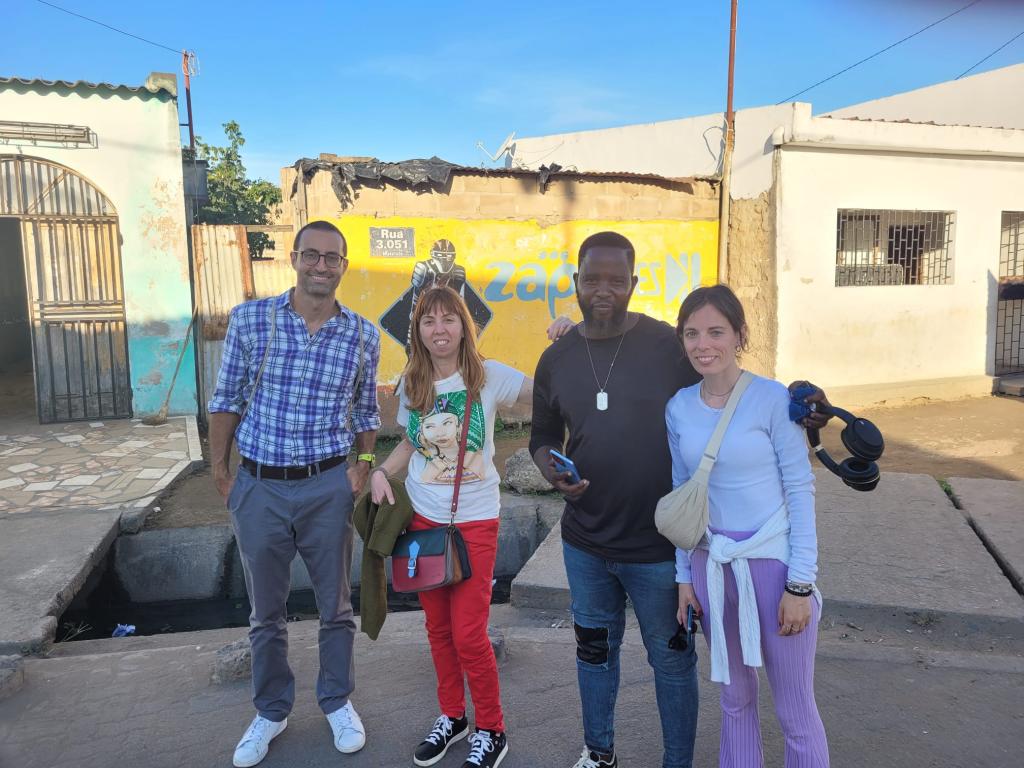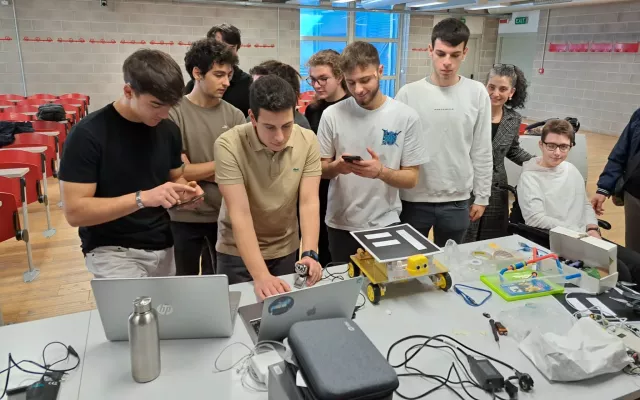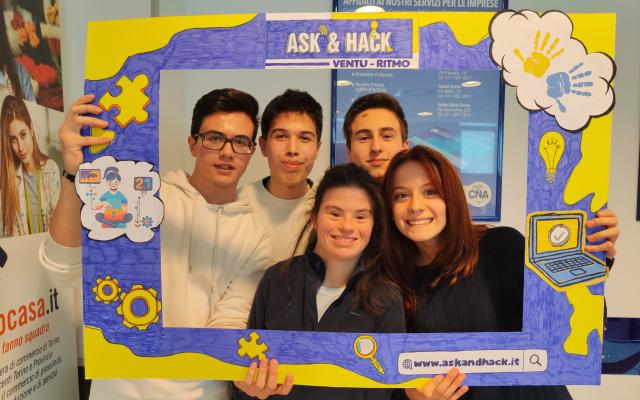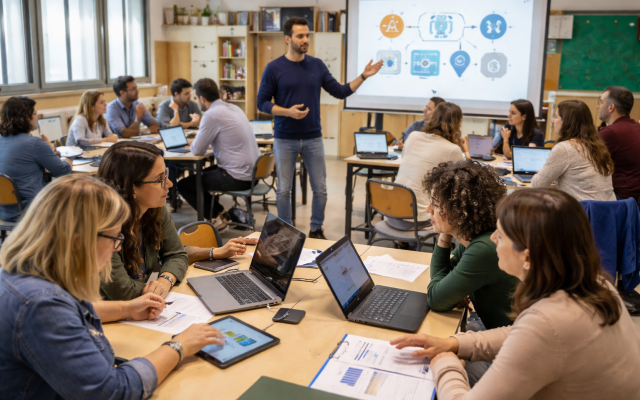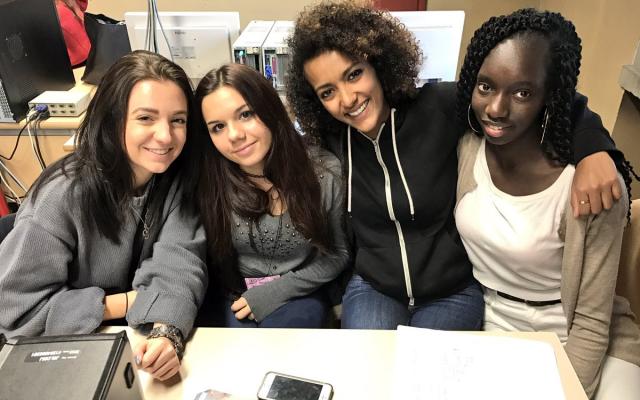Elisabetta and Ilaria's account of their mission in Maputo
From 19 to 24 May, project manager Ilaria Graziano and project officer Elisabetta Gramatica are in Maputo to participate in the final seminar of the Coding Girls in Mozambique project and to meet partners, institutions and young people involved in the three projects active in the area: Coding Girls in Mozambique, Digital Embrace and ICT Employment Generation. This is a strategic mission that serves to strengthen ties, share results and look to the future of educational and digital cooperation. We asked Elisabetta and Ilaria to share their experience day by day. Here is the first ‘page’ of their travel diary.
Day 1, Monday 19 May, Doha-Maputo
Here we are. After a stopover and a 16-hour and 50-minute journey, we arrived at our destination: Maputo, the capital of Mozambique. It doesn't seem real that we managed to organise a trip of this magnitude in just a few weeks. But now we're here, and we're ready to tackle this week of meetings, feedback and discovery of this colourful city.
Day 2, 20 May
The day began with an appointment at the incubator created thanks to the ICT Employment Generation project and a meeting with two groups of young Mozambican students who have set up two start-ups: ‘Reutiliza’, which aims to recycle organic and inorganic waste, and ‘Kubvala’, which means ‘to plant’ in Mozambican dialect, with the aim of improving the planting process on their land. It was an extremely interesting and valuable meeting that showed us how many young Mozambicans share the common goal of finding innovative solutions to improve the quality of life in their country.
In the afternoon, we took the Mafalala Walking Tour with Benjamin, our guide. Mafalala is the beating heart of Mozambique, one of the oldest and poorest neighbourhoods in Maputo, a place of national identity and pride. It is the capital's barrio, the city's ‘black’ neighbourhood, with houses made of tin and wood. Its inhabitants were not allowed to leave the neighbourhood without presenting an identity document proving their ‘Portuguese-ness’. Benjamin told us that during colonialism, it was a place of racial segregation and clear separation from the city's white population. Today, it is still an extremely multicultural part of the city, with inhabitants from Bantu tribes from all over Mozambique, but also from abroad, especially Zanzibar and the Comoro Islands. And, even today, it is the poorest part of the city, where the average life expectancy is 55 years: many people still die from diseases such as malaria, cholera and HIV. Walking through the narrow alleys of Mafalala, we were immersed in an almost surreal atmosphere, rich in stories of everyday life and resilience. Benjamin then showed us the houses decorated with colourful murals that tell the story of the neighbourhood and its most illustrious figures, such as Samora Machel, the first president of independent Mozambique, and the poet José Craveirinha. These are places that have given birth to revolutionaries, artists, sportsmen and thinkers, testifying to the central role that this neighbourhood has played in the construction of Mozambican identity. We visited a small neighbourhood school, where the voices of children repeating lessons warmed our hearts. The day ended with a deep sense of respect and admiration for this people, for their ability to resist, reinvent themselves and hope. Mafalala taught us that even in places marked by poverty and visible hardship, most of its young inhabitants choose to stay in their neighbourhood, committing themselves daily to the struggle for education, equality and social redemption.
